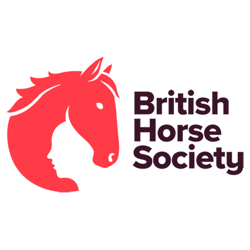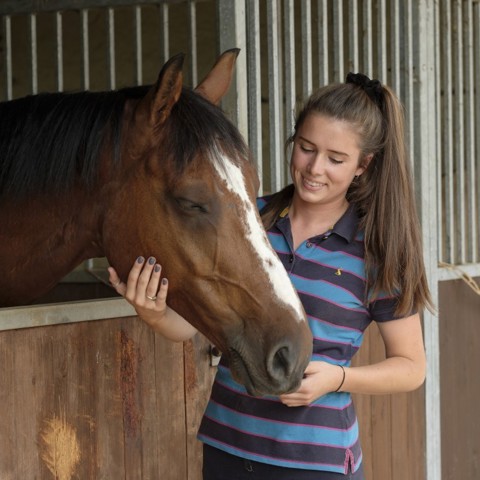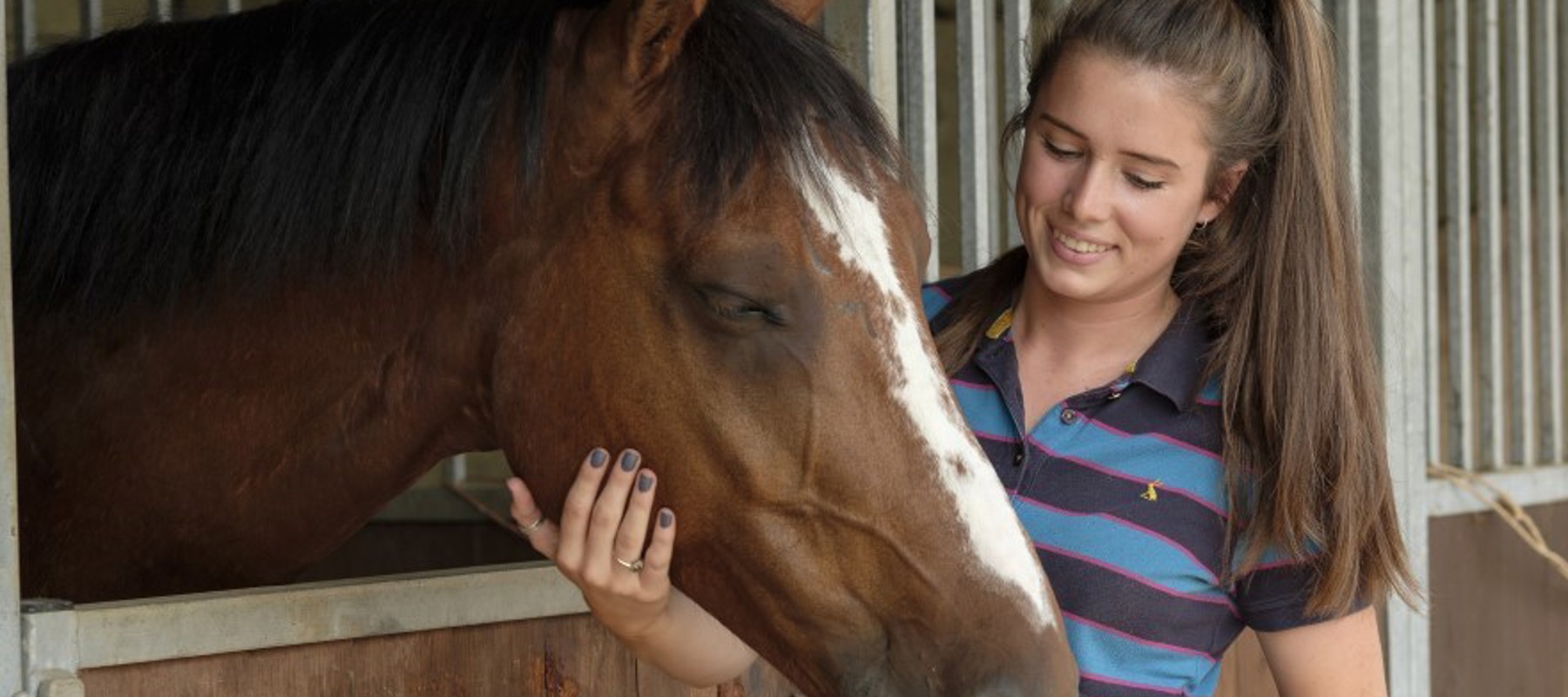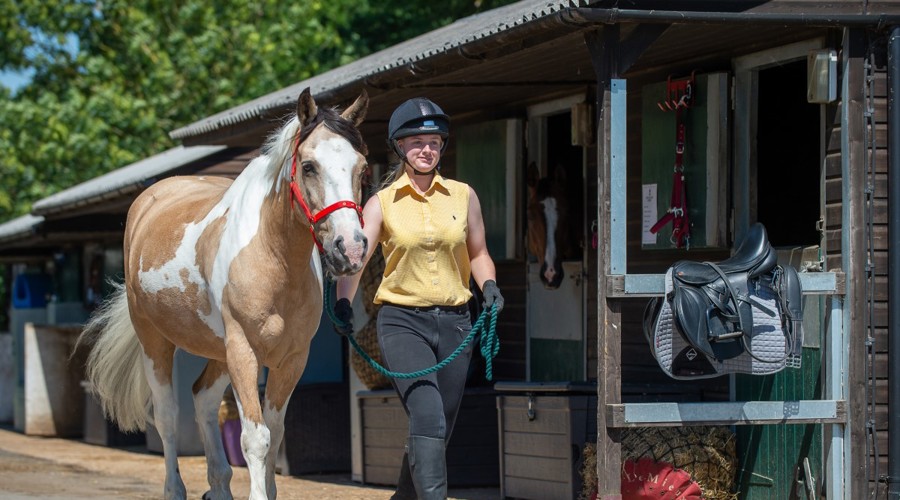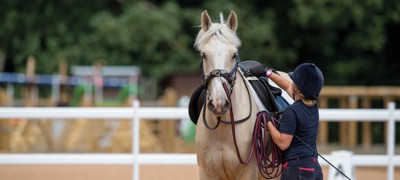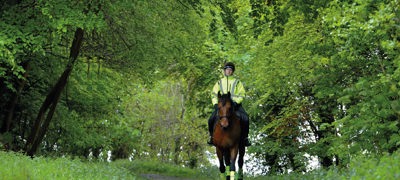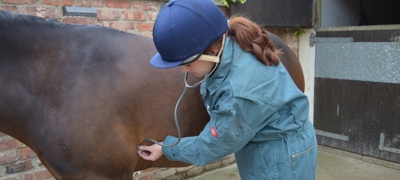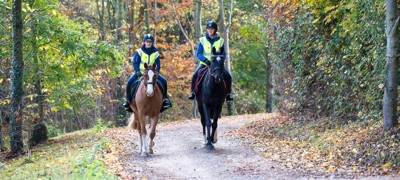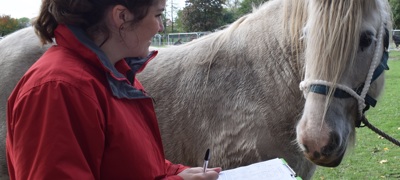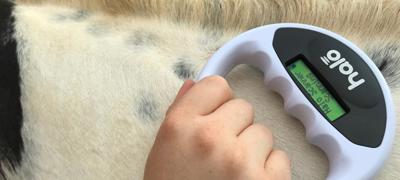There are many things for you to think about first and it’s important to make the right decision. Buying an equine that turns out to be unsuitable or unsafe can be extremely upsetting and potentially leave you in a difficult situation. It’s well worth taking the time to fully research and assess the impact that owning a horse will have on your daily life and your finances.
Do you have the time?
Horses require daily care, so taking on the responsibility of owning a horse will be very time consuming. Whether your horse is field-kept or stabled at an equestrian yard, they’ll need to be checked at least twice a day to make sure their health and welfare is maintained. Horses are usually checked in the mornings and the evenings - some livery yards may also offer a late-night check service. If you’re unable to attend to your horse for any reason, you must make sure a capable and reliable person attends on your behalf.
Daily jobs vary depending on the time of year and whether your horse lives out or is stabled for part of the day.
Horses like routine, and it’s important to continue this, even on days off, to prevent them from becoming stressed. You should also consider finding a reliable and trustworthy person to care for your horse when you’re on holiday or when you have other commitments.
You should also consider how you’ll make space in your schedule for all the regular appointments your horse will need. Visits by farriers, saddle fitters, equine dental technicians and vets will all require your time.

Finances
Buying and keeping a horse is a big financial commitment. The initial purchase cost of your horse can be relatively small when compared to the annual cost of upkeep, which can run into many thousands of pounds, so it’s vital to consider how the long-term costs stack up. Costs include:
- Livery charges – DIY (Do It Yourself), part, working or full
- Feed/balancer
- Hay/haylage
- Targeted worming programme- including testing and treatment if necessary
- Veterinary fees (annual routine costs or an emergency)
- Farrier
- Bedding - if your horse is stabled
- Dental checks
- Public liability Insurance
- Veterinary insurance
Consider how unforeseen circumstances such as unemployment, illness or sudden price increases might impact on your ability to care for and keep your horse.
Building the perfect partnership
Owning a horse is a long-term commitment, as building a bond with your new equine takes time and effort. This can be an immensely rewarding experience and the relationship between a horse and their carer, owner or rider can be a strong one. A good partnership between horse and rider can feel like you each know what the other is thinking, and you can anticipate reactions and behaviours before they happen - you understand one another!
We can help you to make sure that owning a horse continues to be a pleasure and that your partnership stays on the right track with advice, support and resources from experts.
It can be a long journey of ups and downs when owning a horse. It’s important to remember that they’re sensitive animals and their behaviour will likely change for different reasons. Once a horse moves to their new yard, they’ll need time to settle in and get used to their new environment and herd mates once introduced. They’ll also need time to build a partnership of trust with you.

